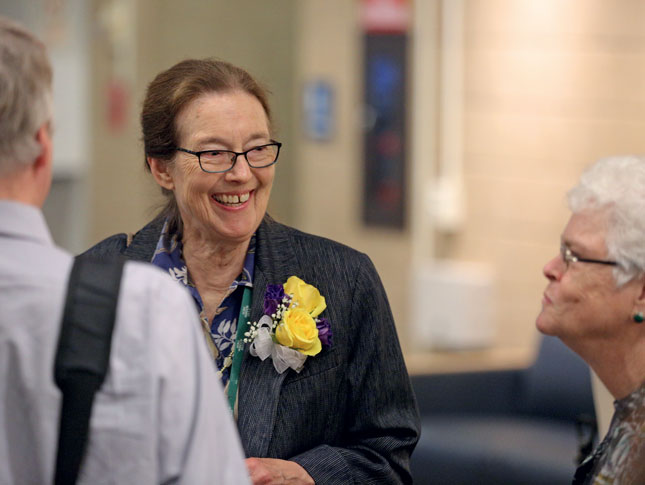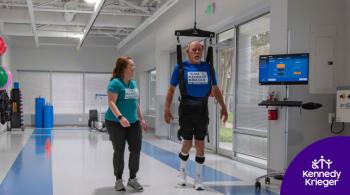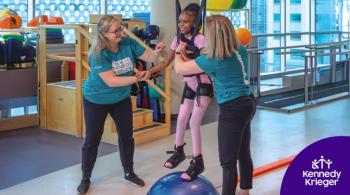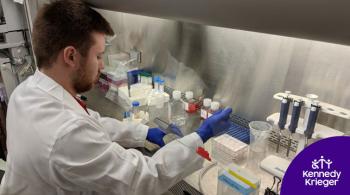
Ann B. Moser
A baby boy diagnosed with adrenoleukodystrophy, also known as ALD, during a routine newborn screening test can now look forward to a fairly typical, healthy life. He may need a bone marrow transplant or gene therapy, but his prognosis is good.
That’s thanks to the test for ALD developed at Kennedy Krieger Institute by biochemist Ann B. Moser and her husband, world-renowned researcher Dr. Hugo W. Moser, president of the Institute from 1976 to 1988, and their colleagues. ALD is a progressive neurological disease that, unless diagnosed and treated early, before the onset of symptoms, is fatal for affected boys.
After Hugo’s passing in 2007, Ann, who directed Kennedy Krieger’s Peroxisomal Diseases Laboratory for many years, continued finessing the test and lobbying for its use. In 2016, the U.S. Department of Health and Human Services recommended the test for all newborns nationwide. In 2022, the United Leukodystrophy Foundation honored Ann for her tireless dedication to the ALD community.
I’m thankful that Hugo and I had the opportunity to do this work at the Institute together, and I’m delighted to continue to support research at Kennedy Krieger.” – Ann B. Moser
In addition to her research and advocacy work at Kennedy Krieger, Ann is a loyal annual donor to the Institute, giving generously to its Hugo W. Moser Research Laboratory fund and other areas of need. As a member of the Winthrop Phelps Legacy Society, Ann has also established a legacy gift to ensure her support continues in perpetuity.
“It was my husband’s dream, and mine as well, for the ALD newborn screening test to be used across the country, and we’re almost there,” Ann says. “Hugo and others had established a viable therapy for ALD, but for it to be applicable and successful, you needed that test. I give funds to continue the vital research that my husband started, and which I’m proud and honored to carry on.”
Research is one of the hallmarks of the Institute, she adds. “Our researchers stay here for a long time because they like the work they do, and they’re able to get funding for that work. I’m thankful that Hugo and I had the opportunity to do this work at the Institute together, and I’m delighted to continue to support research at Kennedy Krieger.”















